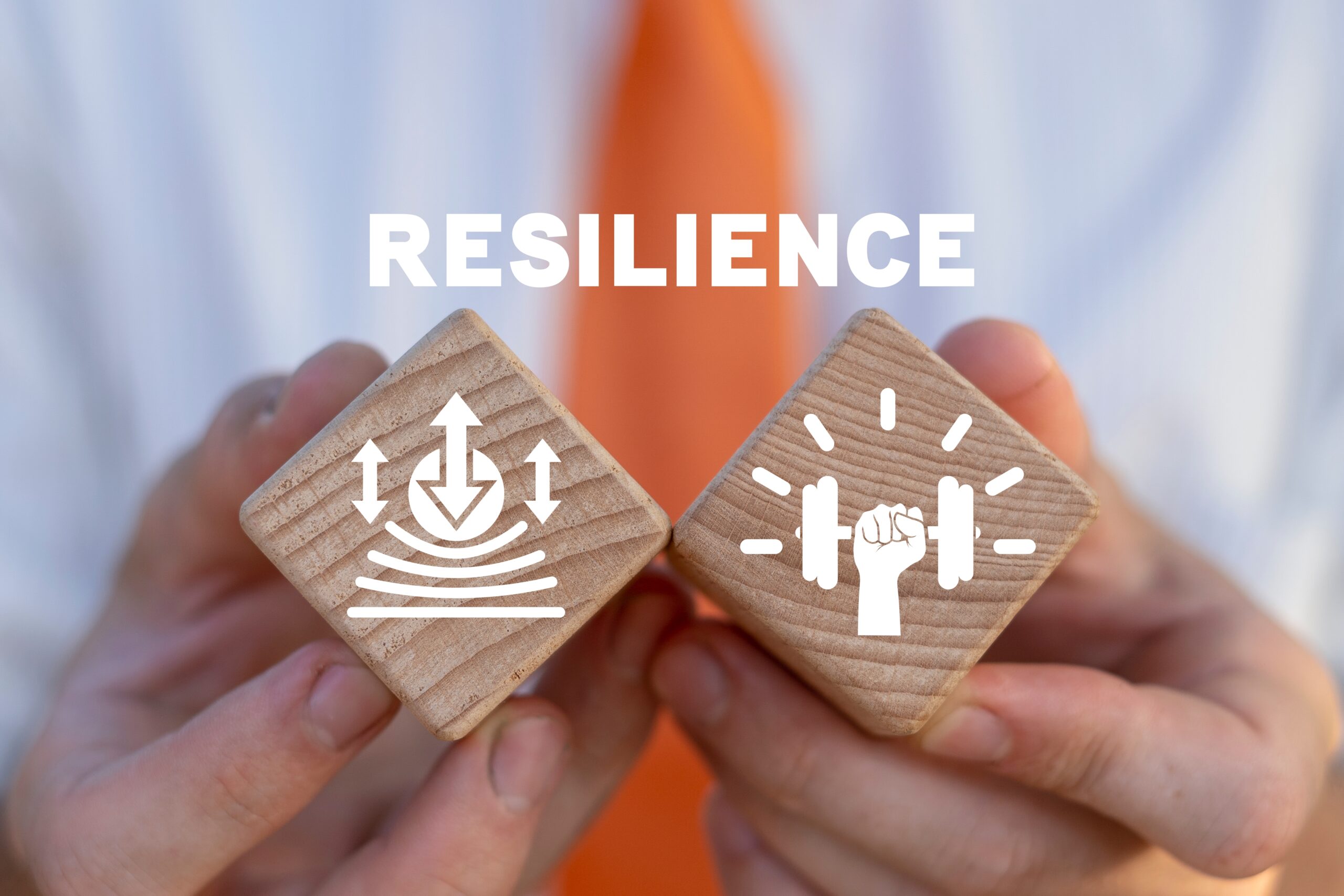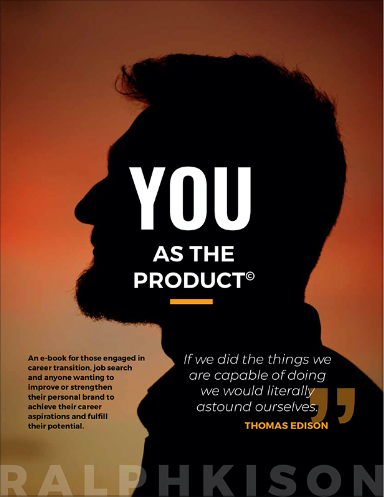
In times of crisis and change, resilience is what separates great leaders from the rest. By strengthening your own adaptability and empowering your team to embrace uncertainty, you’ll position yourself—and your organization—for long-term success.
Here are some examples of resilient leaders you will all recognize.
Leaders Who Exemplify Resilience
Nelson Mandela – After spending 27 years in prison, Mandela emerged as a leader who united South Africa, advocated for peace, and led the country through a period of intense social and political change. His resilience in overcoming oppression, maintaining his ideals, and fostering reconciliation is legendary.
Winston Churchill – The British Prime Minister during World War II, Churchill displayed remarkable resilience in the face of adversity, particularly during the darkest hours of the war. His leadership, determination, and unwavering optimism helped rally the British people to fight on despite near-constant threats of invasion and defeat.
Malala Yousafzai – After surviving a brutal assassination attempt by the Taliban for advocating girls’ education, Malala has become a global symbol of resilience, advocating for the rights of women and children worldwide. Her courage in the face of extreme adversity has inspired countless people around the world.
These leaders exemplify resilience in different ways—through personal struggle, overcoming professional obstacles, and leading others through difficult times. Their stories continue to inspire others to stay strong in the face of adversity.
“I think we build resilience to prepare for whatever adversity we’ll face. And we all face some adversity – we’re all living some form of Option B.” – Sheryl Sandberg
You may have a positive response to or connection with the word because you think of yourself as being resilient. This may be because of past suffering or persevering through an incredibly difficult time in your life. Or it may be due to your dogged determination to stay at something and see it through to completion—perhaps even at a personal cost.
When something that is deeply personal or associated to someone close to us such as a loved one or close friend, we don’t even have to think about being “resilient.” We just are. We react to the event or situation and persevere.
Before we move on, consider the definition of being resilient. It refers to the ability to adapt, recover, and thrive in the face of challenges or adversity. It involves maintaining well-being, learning from experiences, and demonstrating flexibility, perseverance, and optimism.
Preparing Yourself to Be Resilient
How can you prepare yourself to be resilient? I believe it begins with self-awareness. As a primer to help you start the process, here’s a summary of John Maxwell’s book, The Self-Aware Leader. You can listen to the 1.5 minute overview or the entire summary.
After you watch the video, prepare your list of personal resilience attributes and existing abilities.
Things to consider, including skills and attitudes to develop are:
- Self-awareness
- Knowing your strengths
- Here is a short video for additional insight on this topic
- Define your values
- Describe your non-negotiables (aka your “hill to die on”)
- Reflect on experiences that provided insight, understanding, competence, and the ability to respond quickly and decisively
- Areas where you have become wiser and more insightful
- Things that have made you more humble and considerate
Compare these points to John Maxwell’s video and list your top five resilience factors.
1.
2.
3.
4.
5.
What strategies are you using to build resilience in your leadership, so you can step up quickly and confidently when the need arises?
What strategies are you using to build resilience in your leadership, so you can step up quickly and confidently when the need arises?
For an objective perspective, ask someone close to you such as your spouse, sibling, parent, close friend, or long-time colleague for their feedback. What you hear may surprise you. Others often see attributes in us that we are unable to or refuse to because of pride, arrogance, blind spots, or imposter syndrome.
We desperately require resilient and self-aware leaders to guide and direct us as we move through confusing, challenging, and difficult times. Are you prepared to equip yourself to step-up into the ring, to fight, and to make a difference?
“Resilience empowers people to successfully navigate the stress, change, and uncertainty that leaders often face. Resilient leaders also recover quickly from adversity. So, resiliency is a valuable leadership skill – and famous people have had a lot to say about it.” – Whitney Hopler


Recent Comments